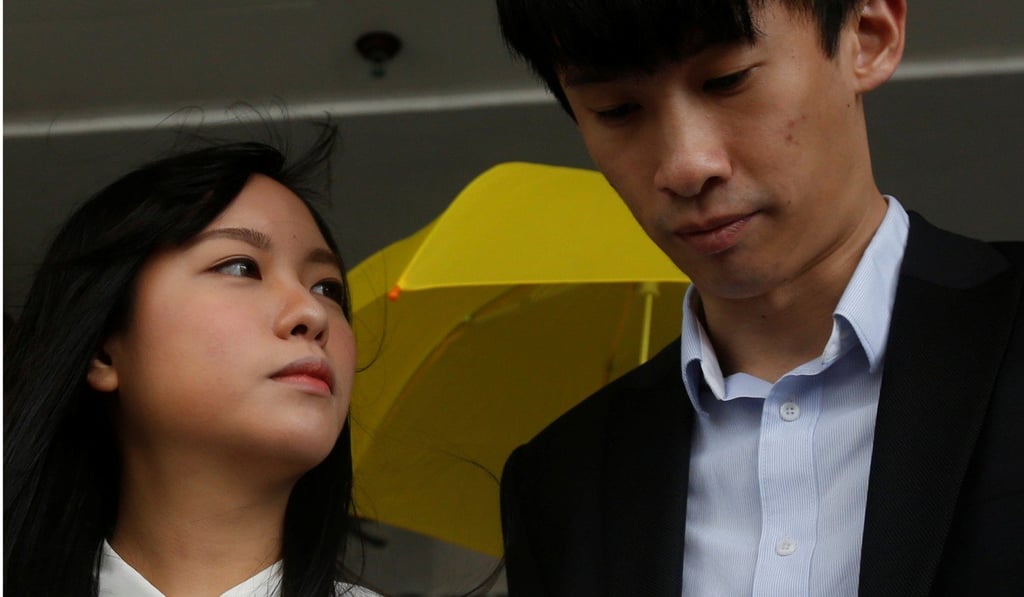Beijing’s interventions remind Hong Kong of the importance of national interests
Tian Feilong says the central government’s more hands-on approach does not mean ‘one country, two systems’ should be allowed to fail. Rather, it’s a reminder that Hong Kong should reconsider the role it plays in the nation’s development


This change did not come about only recently. In the past few years, conflicts have erupted between Beijing and Hong Kong. Against this backdrop, the central government is gradually shedding its habit of self-restraint under the principle of “one country, two systems” and has become less amenable to arguments touting the rule of law and its governance system.
Hong Kong society has felt the change. Many are wary, some are disgusted, but no one can do anything about it.
Beijing could intervene in Hong Kong affairs if serious political problems emerge, Chinese expert warns
Several recent incidents related to this shift towards “one country” have drawn much attention. They arguably signal an intention by Beijing and the SAR government to set the rules and spell out the bottom line for Hong Kong people, particularly those who oppose Beijing.
